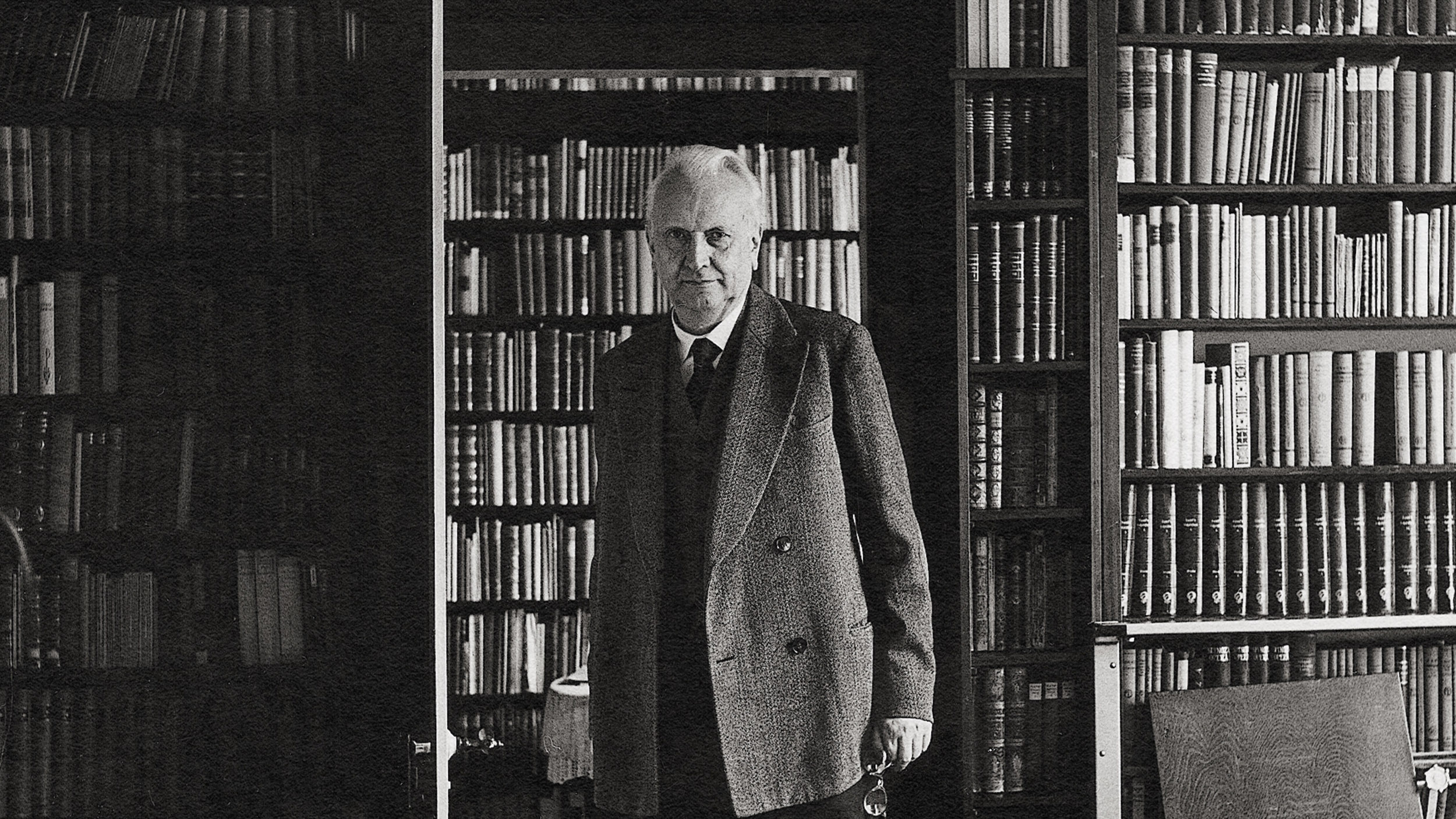Modern American working culture is broken — and has been for a long time. The coronavirus pandemic only magnified festering wounds that have been adversely impacting employers and employees for decades. Tiffani Bova, named among the Top 50 Business Thinkers in the world by Thinkers50 for six years running, explores what needs to happen to repair it.
TIFFANI BOVA: Look, your employees spend one third of their lives, 90,000 hours, at this thing called work. But unfortunately, a majority of employees are dissatisfied.
When we crossed the threshold into the digital revolution, we found ourselves really trying to reduce the effort for customer, and unfortunately, the effort for the employee went up. In the end, we saw the Great Resignation, and now we have quiet quitting. So many organizations are asking employees for more, but they're giving them less. It makes you quickly realize employees are stressed, employees are burnt out.
So how do we fix this problem? My name is Tiffani Bova. I'm the author of the Wall Street Journal bestselling book, "The Experience Mindset." We've really been over-focused on being so customer-centric that we've left our employees behind. Some of the most well-known brands in the world are finding themselves facing a crisis of prioritization. They so over-prioritized customer that employees have said enough is enough. You may be the most customer-centric company on the planet, but maybe your employees aren't happy. They're saying, "I'm driving my delivery truck in 105-degree temperature with no air conditioning so that you can hit your two-hour delivery commitment."
There is no shortage of reasons why employees are no longer as satisfied, willing, or committed to do what they do every single day. How supported are they to do their job? Are they trained and enabled in the skills that they will need not only today but in the future? Is there trust between the employee and the company? All of these things make up the totality of the employee experience, and when you get dissatisfaction in any or all of those categories, lots of things start happening. People start quitting their jobs, and then you don't have enough people to work. Or you start to see that quiet quitting, where it's just a paycheck. They continue working at their jobs and they give poor service, which then means your customers don't come back, which means the company doesn't grow.
Make no mistake, there is a deep connection between what employees do and feel every single day and what the customers feel and do every single day. When you have an unhappy employee set, your customer really notices it.
One of the most troubling statistics that came out of the research that was the foundation for "The Experience Mindset" was the fact that a majority of organizations survey and collect data on their employees and - wait for it - do nothing with it. Executives think they've got a handle on what's happening in their employee base or even in their culture, but in reality, many don't. When your employees are saying, "Hey, I need help," "Hey, I'm burning out," "Hey, the tools I'm using are not working effectively," and you do nothing with them, it breaks trust between the employee and the organization. Trust is really the bedrock of a company. So you constantly want to be depositing into the trust bucket because that's where organizations have a huge opportunity to really improve the experience of their employees.
How do we create an environment where people feel like their work matters, their voice matters, that the company they work for leads with empathy? Because we've spent so much time focusing on customer experience, an easy way to start to shift your mindset is to view your employees as customers. They are also shareholders in the success of the organization. It is two sides to the same coin of experience. Would you ever require your customer to go to five different applications to place an order with you? But what do we do for our employees every day? We require them to go to multiple applications, multiple systems, manual processes, get up from their desk, get approval for this. We would never, ever do that for our customers. Just look at what you ask your customers to do and then look at what you ask your employees to do, and if there's a difference between the two, you have work to do.
The Edelman Group actually tracked who was the most important stakeholder to long-term growth for companies, and it was customer for a decade. But 2021 was the first time we saw employee bounce to number one. To win at an employee experience, you should care. Employees are starving for this kind of leader. Do you care about their career? Do you care enough to actually ask them what they want? Do you care enough to admit that maybe you're not doing what you said you'd do? Do you care enough to treat your employees as well as you treat your customers? When your employees are happy, they're more willing to go the extra mile for your customer. They're willing to bring forth great ideas, and they're more willing to collaborate to make whatever it is they're trying to solve or do even better. The fastest way to get customers to love your brand is to get employees to love their job.







